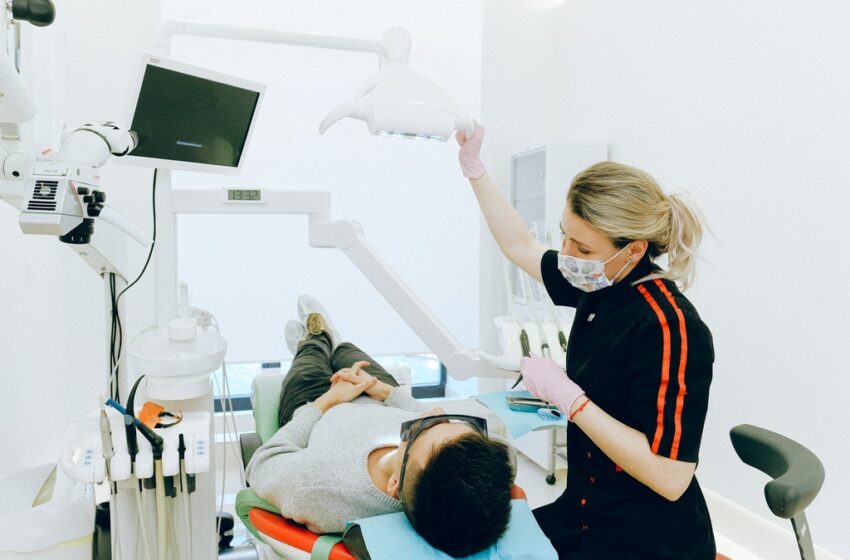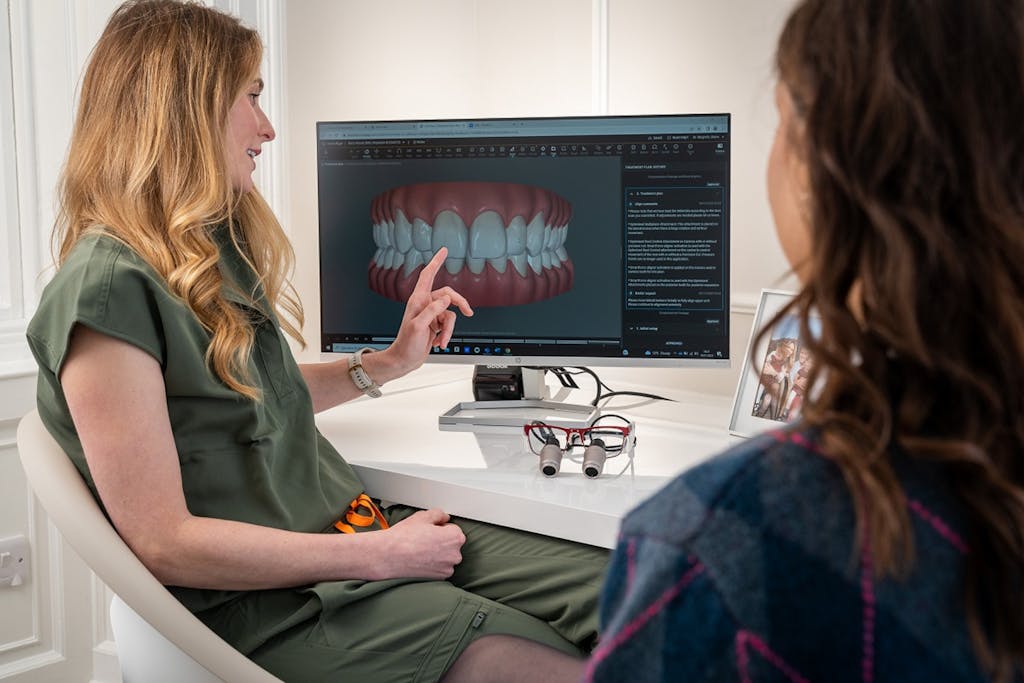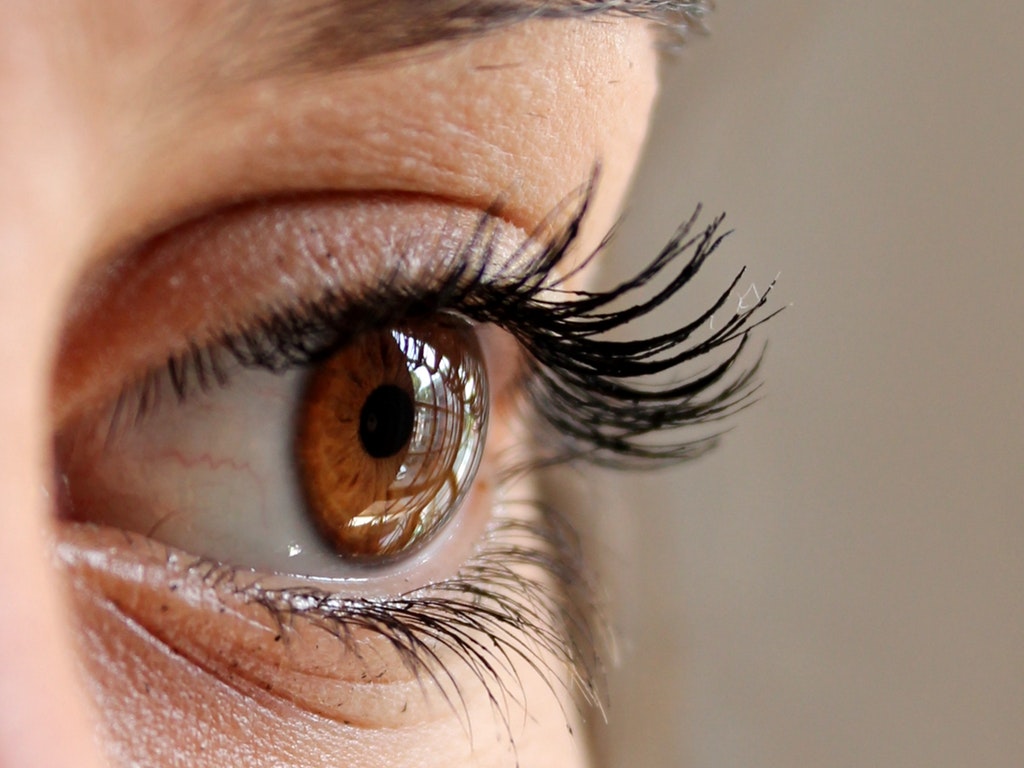
How Often Should One Go to The Dentist?
Most of us know that visiting a dental practitioner is key to having healthy teeth and gums, but how many of us actually make regular appointments? Recent studies have indicated that as many as 42% of American adults don’t go to the dentist as often as they should, and about 15% only made an appointment when they started experiencing pain. So how often should one go to the dentist? We’ve explained it below.
The Standard Recommendation
Most dentists in the U.S. recommend that adults and children should visit them bi-yearly for an oral exam and cleaning. Fortunately, a number of dental insurance companies offer coverage for at least two check-ups per year, so most people won’t have to pay much out-of-pocket. This frequency also works well for dental professionals, given that they can catch problems early. While two times a year is the norm, certain people may be asked to come in more often. People who fall under the following categories should plan to visit their dental professional regularly:
Pregnant Women
The fluctuating hormones during pregnancy can put expecting mothers at a greater risk for developing cavities and gum disease.
Cancer Patients
Certain cancer medications dry out the mouth and put patients at more risk for dental issues.
Diabetics
Diabetes can contribute to a range of oral health problems.
Smokers
Not only is tobacco bad for the body and one’s oral health, but it can also make it a lot harder for the gums to heal after a dental procedure.
Heart Patients
Many people are unaware that bacteria in the mouth can make their way into the heart. That’s why people with oral issues have higher rates of cardiovascular problems in comparison to those with healthy teeth and gums. Fortunately, regular check-ups and cleanings can lower one’s likelihood of developing such issues.
What to Expect at A Dental Check-Up
A visit to the dentist usually takes an hour or less to complete. Most times, the dentist does a thorough examination of one’s mouth and generally recommends a clean-up. If any issues are detected, the patient may be asked to go in for X-Rays or other screenings.





